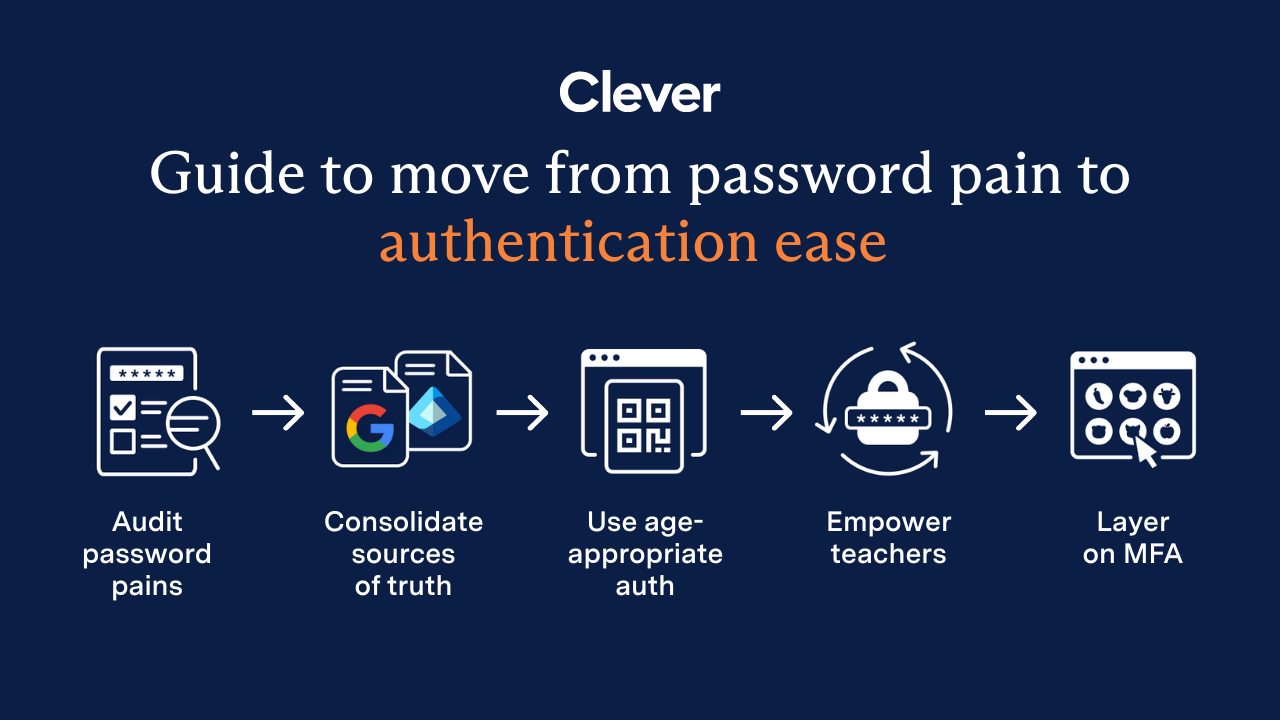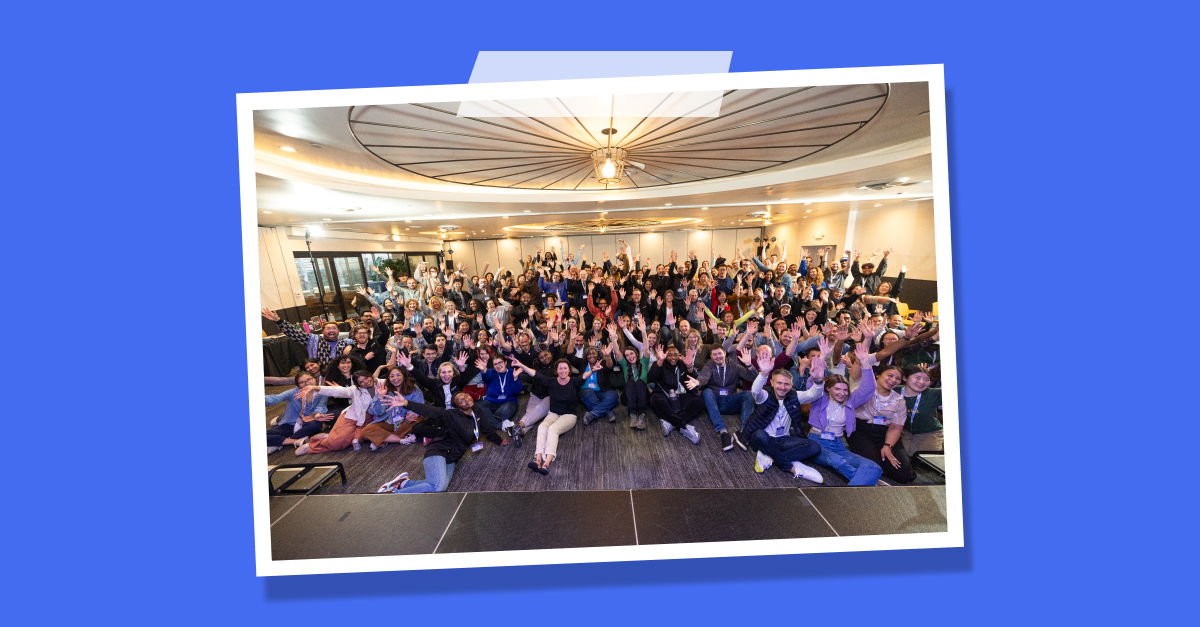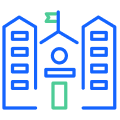We want to make Edtech more inclusive for non-binary students
Imagine your first day of school. You may be excited, nervous, anxious, eager. The moment approaches when your teacher goes through the class roll for the first time. If you have a unique name, you may dread this moment. You may be uncomfortable correcting a mispronunciation of your name in front of your peers. If you are a transgender or non-binary student, this moment can be even more troubling. The folks at Clever are joining the movement toward inclusion in the classroom.
The ability to identify beyond traditional male and female gender markers is becoming more popular in U.S. policy. Eleven states including California, New York, Ohio, and Utah have recently implemented policies to allow non-binary gender markers on governmental identity documents like birth certificates and drivers licenses.
As birth certificates are evolving to include non-binary gender options, school districts across the country are doing the same. As of today, the Clever platform will recognize non-binary gender markers for its students. This allows for accurate identity information to be displayed at every touchpoint in Clever’s platform and enables more supportive, inclusive interactions to occur in the classroom.
With today’s announcement, school districts will be able to use Clever to faithfully represent their students’ genders.
Why the change?
Here at Clever, student safety is one of our top priorities. Enabling “X” as a gender marker (in addition to “M” and “F’) in the Clever platform gives teachers the opportunity to ask for preferred pronouns when addressing students in the classroom.
“A safe and inclusive environment starts at school,” said Tyler Bosmeny, Chief Executive Officer and Co-founder of Clever. “We’re helping to support schools with systems that treat all students with dignity and respect.”
This shift is a welcome change for many districts, including Portland Public Schools. “When the technology and learning tools used in classrooms reflect our district’s best practices, it strengthens our students’ sense of safety and acceptance,” says Nicole Kappes-Levine, the Academic Programs Admin for Student Success and Health in Portland Public Schools.
What does this change mean for application partners?
With this change in Clever’s API, the learning apps on its platform are able to follow suit when updating to version 2.1. Implementing changes in student profiles is the first step for learning applications, and then rolling out experience changes to address students with their preferred pronouns.
Educators trust that Clever and all of the apps used in the platform will provide reliable information up to every detail on student profiles and boost performance in learning. For example, apps will be able to apply non-conforming students with their preferred gender markers on their testing materials. By reducing the stress that students may experience when taking tests, we hope this change will boost their performance.
Ready to update to API 2.1? Reach out to your Application Success Manager.
What else is new with Clever?
The Clever API 2.1 provides gender field entry options of “X,” “N,” “prefer not to say,” “other,” and “non-binary,” in addition to male “M” and female “F.” This change is available to more than half of the U.S. public school districts that use Clever.
Additional changes to the Clever API 2.1 include support for a “TK” (Transitional Kindergarten) grade value, support for any extension fields, and revealing district contact information.
To learn more about all of the updates released in API 2.1, go to our guide.

More to read

December 23, 2025
End password chaos: The 5-step guide to secure, age-appropriate logins in schoolsSchool IT departments — take these 5 steps to offload the burden of manual password resets while improving cybersecurity for classrooms.

December 18, 2025
2025 Year in Review: Inclusion and Belonging at CleverClever is proud to share that representation across our workforce continues to reach new milestones, including record levels in technical roles and for Black and Latinx employees. We are continuing to build on this foundation by investing in an inclusive employee experience that supports retention, development, and high performance across all teams and locations.
December 10, 2025
Wonde vs. Clever: 2025 Side-by-Side ComparisonWhen it comes to choosing the right edtech platform for your school or trust, there’s a lot to consider. Can it sync reliably with your Management Information System (MIS)? Support secure logins for every user, on every device? Scale across multiple schools without overloading your IT team? Wonde and Clever are two of the most […]


















